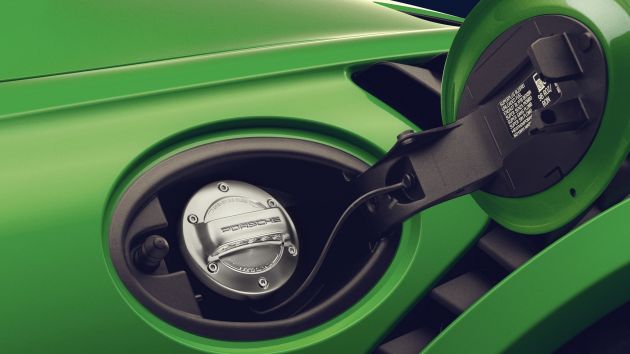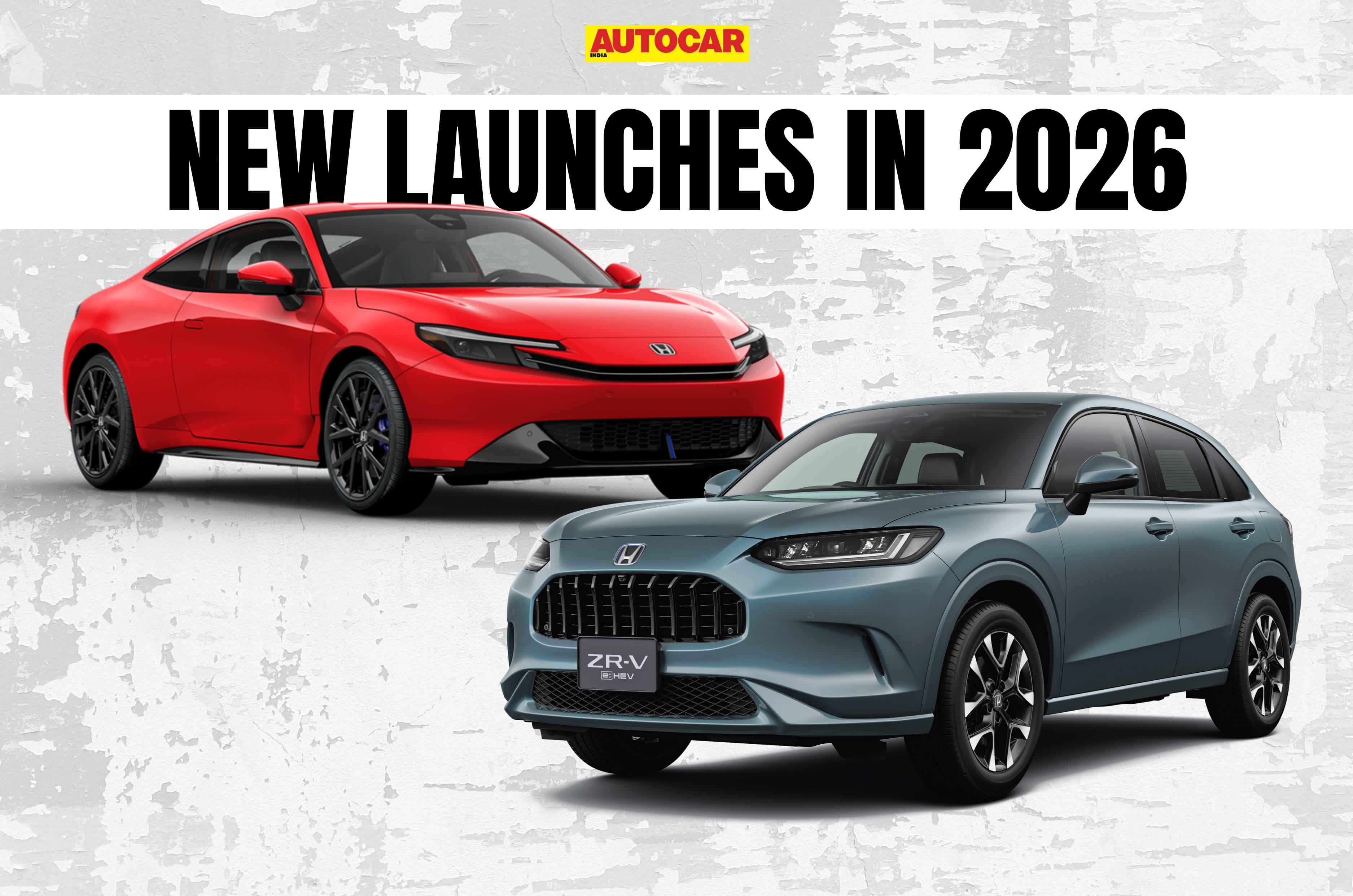Porsche researching synthetic fuels for internal combustion vehicles; first usage in motorsport fleet
With the looming ban on new, internal combustion-engined vehicles in coming years, sourcing petrol for your vehicle may become a more protracted task than it is now, and so Porsche is working with a range of technology companies for the development of climate-neutral synthetic fuels to keep these vehicles running.
“We believe that synthetic fuels with 100% renewable energy have the potential to be an important element in the future. For this reason, we are conducting research and development activities. 70% of all cars we have ever built are still on the road, and for many years to come there will be cars powered by combustion engines,” Porsche CEO Oliver Blume told Hagerty.
The German automaker is working with Siemens Energy as well as a line-up of other energy companies for a pilot project in Chile that will yield the world’s first integrated, industrial-scale plant for producing climate-neutral synthetic fuels, which the carmaker calls eFuels.
The pilot phase of the synthetic fuel’s development will see around 130,000 litres of the fuel produced ‘as early as’ 2022, and the following two phases will see growth to 55 million litres of eFuels a year by 2024, and around 550 million litres of the fuel by 2026, said Porsche, who will be the primary customer for the fuel.
Further partners in the project are energy firm AME and petroleum firm ENAP from Chile, and Italian energy company Enel. AME is the primary developer and owner of the HIF (Highly Innovative Fuels) project company, ENAP will provide the operating staff, maintenance and logistics, while Enel is a co-funder of the production plant.
In simplified terms, the synthetic fuel is made by producing hydrogen, capturing carbon from the air and then combining the two elements to create methanol, which is then processed to become a petrol substitute, Blume describing the process to Hagerty. The conversion to climate-friendly fuel using a methane-to-gasoline (MTG) technology will be licensed and supported by Exxonmobil, says Porsche.
Keeping greenhouse gas emissions under control will need the synthetic fuel to be produced with wind and solar power, therefore eFuels manufacturing plants will need to be located in places that are windy and sunny all year round; criteria which Chile fulfils.
To that end, power generated from Siemens Gamesa wind turbines will be used for the production of green hydrogen, and the conversion to synthetic fuel. The company’s flexible proton exchange membrane (PEM) electrolysis is particularly suited to the volatility of wind power, says Porsche.
Despite being made from hydrogen, synthetic fuels will be much easier to manage as it would not require cooling or pressurisation for transport like hydrogen does, and these fuels will be able to be sold to the public from existing petrol stations.
The main hurdle is cost; at this stage, the price of eFuels from Porsche remains more than US$10 (RM41) per litre, said Blume, though his team is working to bring that down to less than US$2 (RM8.14) per litre. However, initial findings are promising, said Blume.
“We already have a pilot programme running historic 911s from the 993 series, with very good results. We are also looking for partners who will take care of the technology, and at the end they’ll produce the fuel. Our task will be to find the right specifications so that these fuels will be able to run in our combustion engines,” he told Hagerty.
As the primary user of eFuels, Porsche’s first phase of usage will be in beacon projects such as its motorsport fleet and at Porsche Experience Centres, followed by production cars later on. Porsche will be putting forth an initial investment of around 20 million euros (RM98.7 million).
That said, Porsche remains committed to the electrification of its model line-up, predicting that at least 50% of its global sales to be electrified by 2025, and Blume stressed that a breakthrough in synthetic fuel technology will not change its plans, Hagerty noted. “What is important to state is that synthetic fuels will not substitute electromobility; they’re good and meaningful supplements,” Blume said.
The post Porsche researching synthetic fuels for internal combustion vehicles; first usage in motorsport fleet appeared first on Paul Tan's Automotive News.
from Paul Tan's Automotive News
Read The Rest:paultan...





Post a Comment